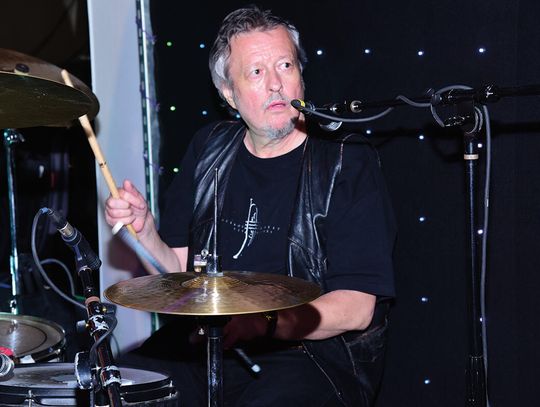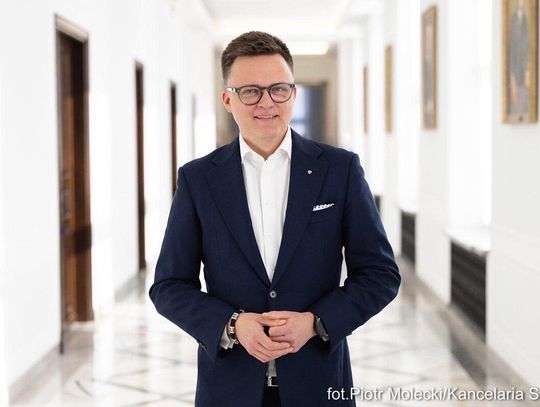The commentary, which falls on the twelfth anniversary of the attacks on New York’s World Trade Center, turns the table on European governments “which have been unwilling to establish the truth and ensure accountability” for their role in the CIA’s programme of “extraordinary renditions”.
Muiznieks refers to an Open Society report published in February 2013, which claims that 25 European countries cooperated with the US agency during 2002-2006 in its programme of arresting and transporting suspected terrorists.
Apart from Italy, where arrests have been made in connection to the CIA rendition programme, only a handful of countries were praised for dealing with the issue. “The judiciary has also performed well in Germany and the United Kingdom […]. Sweden too decided to pay compensation for its involvement in the extraordinary rendition of two Egyptian asylum seekers.”
Poland, on the other hand, received a far from flattering review of its activities concerning alleged CIA renditions in the country.
“In Poland the investigations only started a full three years after credible information emerged and have been dragging on for five years, mainly because of undue political interference in the work of the prosecutors and the unwillingness of the US to co-operate with the investigations,” Muiznieks writes.
Lithuania, which currently holds the EU Council Presidency, “has done much less”, while Romania also gets a drubbing from the European Human Rights Commissioner.
CIA ‘black sites’ in Poland
The presumption that Poland hosted secret CIA prisons came about in 2005 from the Human Rights Watch organisation, which claimed that the Americans used an airfield in Szymany and the premises used for training Polish intelligence officers in Stare Kiejkuty.
At the time, Polish politicians from across the spectrum denied the accusations. President of Poland at the time of the allegations, Aleksander Kwasniewski, and Prime Minister Leszek Miller, both deny knowledge of the CIA ‘black site’ programme on Polish soil.
In June, the Prosecutor General gave an extension until mid-October for the completion of the investigation, which is to reveal whether Polish authorities gave approval for the secret CIA prisons on Polish soil in 2002-2003, and whether the authorities were entitled to allow for the torture of CIA prisoners accused of terrorism in the country.
Earlier, Polish media informed that the former head of the Polish Intelligence Agency, Zbigniew Siemiatkowski, was to hear accusations in the case, but none materialised. In 2012, the investigations were handed over to prosecutors in Krakow to continue the case.
“It is imperative to take urgent political and judicial initiatives in member States to lift the veil of secrecy Governments have drawn over their responsibilities,” Muiznieks writes.
“In particular, Poland has to complete the investigations, make its findings public and try those responsible, even if this implicates high-level State officials.”
(jb)











